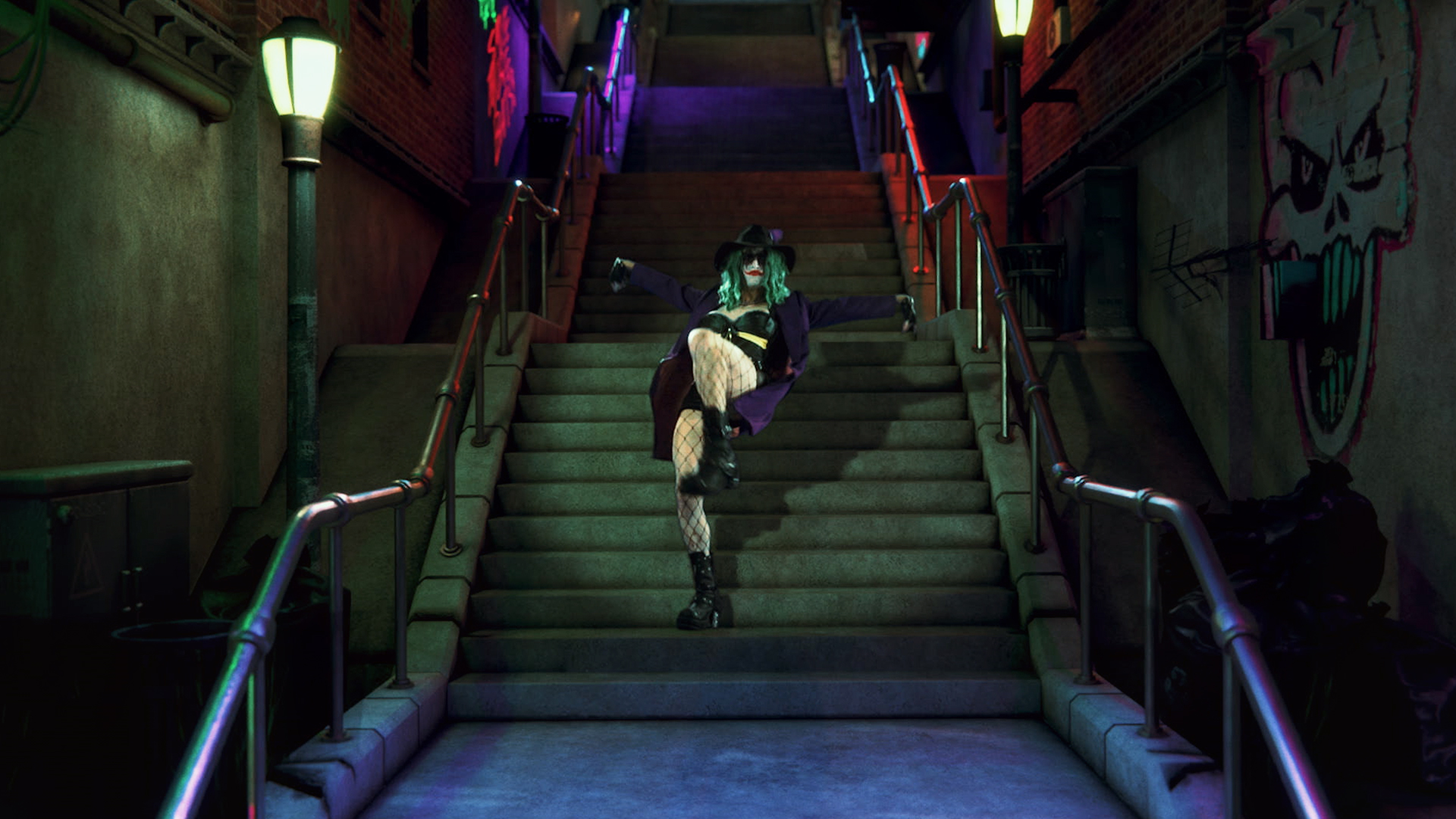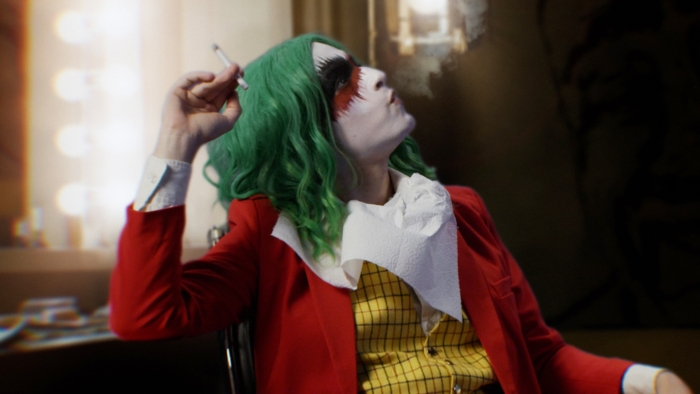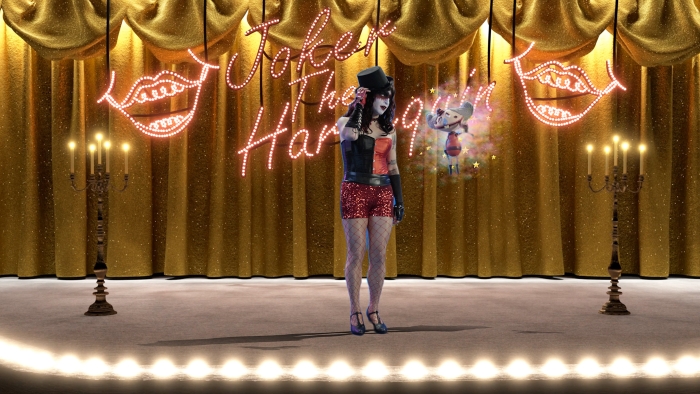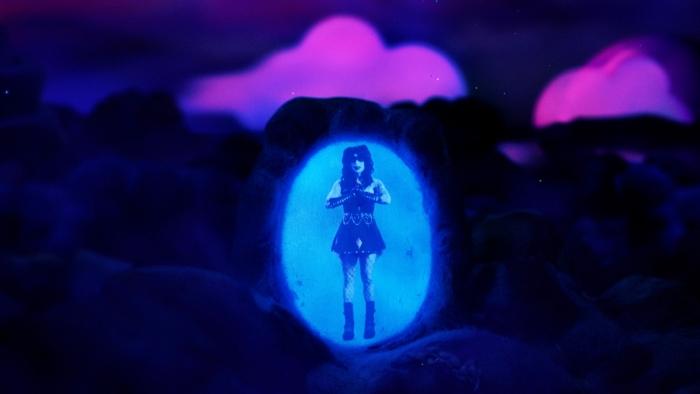Vera Drew’s ‘The People’s Joker’ Isn’t About to Leave the Stage
Photo by The People's Joker
Introduced as a “fair use film” that parodies Batman, The Joker, and Lorne Michaels while telling the story of “an unconfident, closeted trans girl as she moves to Gotham City to make it big as a comedian,” Vera Drew’s The People’s Joker dealt with delays caused by legal challenges before finally seeing the light of day in April 2024. Then it landed on a bunch of year-end best film lists and it’s still in contention for an Independent Spirit John Cassavetes Award.
Now? Well, the film is refusing to leave the stage, gaining fans every day and touring around the U.S. while also being available via physical media options and streaming on MUBI.
Here’s why that matters and what this interview with writer/director/and star Vera Drew is about: this film that is as surprising, funny, and smart as it is a well-told personal story about fucked up relationships has resonated with a community under attack. Members of the trans and queer communities have felt seen and entertained by a piece of art with a trans woman at its center (and behind the camera). Splinter talked with Drew about what it has meant to see the impact of this film on people while also discussing her bold pushback on Hollywood’s sacred cows and cinematic conventions–all while showing a new generation of filmmakers that they can be creative and epic in the stories they tell without generative AI shortcuts. The interview with Drew below has been lightly edited for clarity, with Splinter‘s questions in bold and Vera Drew’s responses below them.
When you go into this, do you realize how challenging it’s going to be to tell the story using these pieces?
Honestly, it was the thing that made it really exciting for me – just the idea of taking super well-known IP and turning it into a really personal story and trying to find those commonalities. Even in the comics, it’s like you have to jump through hoops to relate to some of these characters just when you’re coming at it from my experiences as a trans woman.
I think it’s not even just being trans. I think a lot of the stories that are told with these characters are ones that are just… it’s just the same story over and over and over again. I think this challenge of taking these characters and sort of mythologizing my life with them was the exciting thing. Batman and Joker, specifically, are very mythological characters. Myth itself has such a place in coming-of-age stories. I treated it like I would be adapting the Iliad or something. [Laughs] But instead, it’s Batman.
Can you expand on that a little bit? The idea of myth having such a place in coming-of-age stories.
The concept of myth itself from the Joseph Campbell perspective is that it has very little to do with storytelling, it’s more so the understanding of self. I think about stuff, even just basic fairy tales as being these lessons and stuff that we’re imparting on kids, trying to return these characters to a place where they’re not just corporate IP fodder.
We’re told all the time that superheroes are our modern myths, and I just don’t really think that’s how they’re actually treated in the creative side of things.
-

-

-

-

-

-

-

-

-

-

-

-

-

-

-

-

-

-

-

-

-

-

-

-

-

-

-

-

-

-

-

-

-

-

-

-

-

-

-

-

-

-

-

-

-

-

-

-

-

-

-

-

-

-

-

-

-

-

-

-

-

-

-

-

-

-

-

-

-

-

-

-

-

-

-

-

-

-

-

-

-

-

-

-

-

-

-

-

-

-

-

-

-

-

-

-

-

-

-

-

-

-

-

-

-

-

-

-















































































































